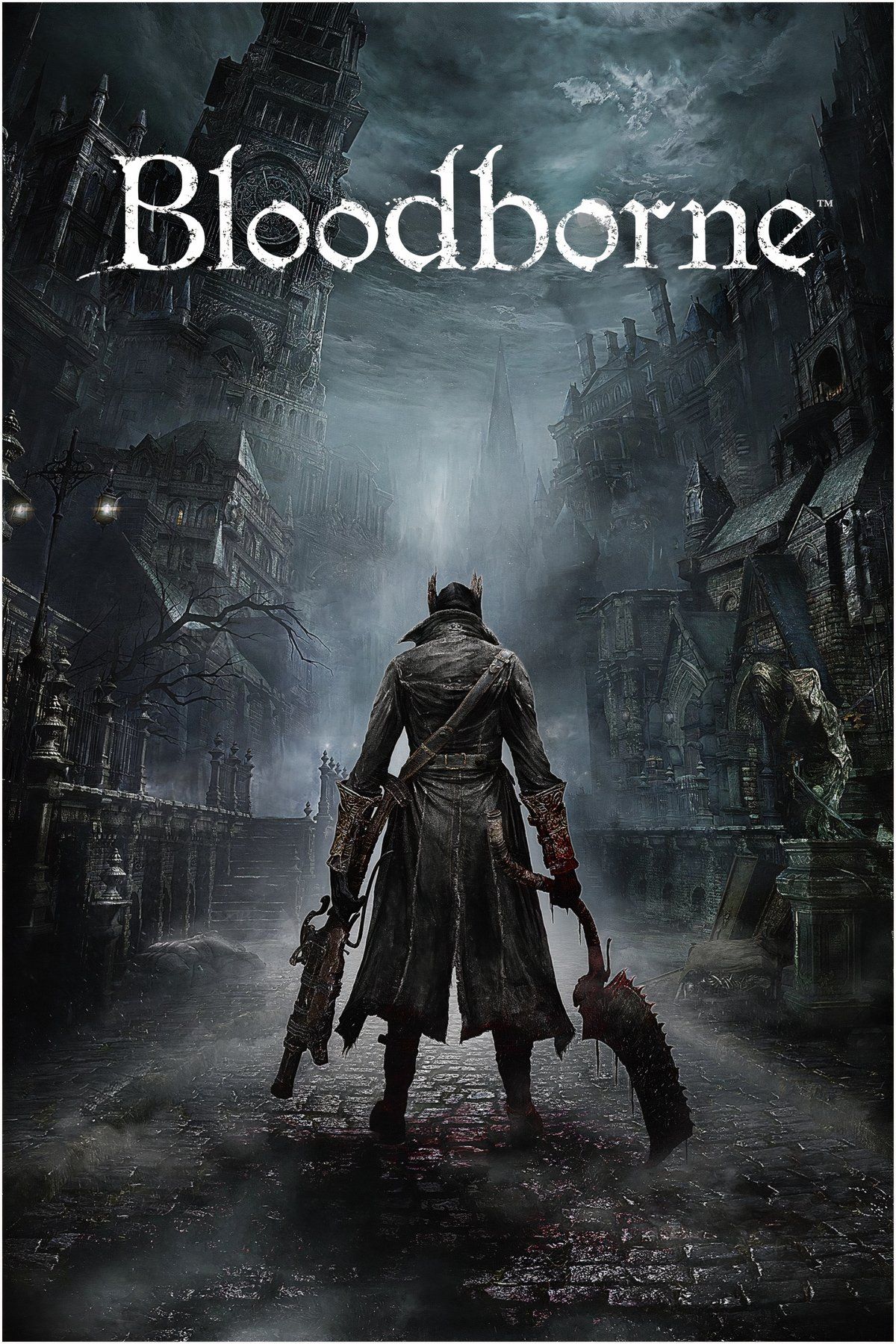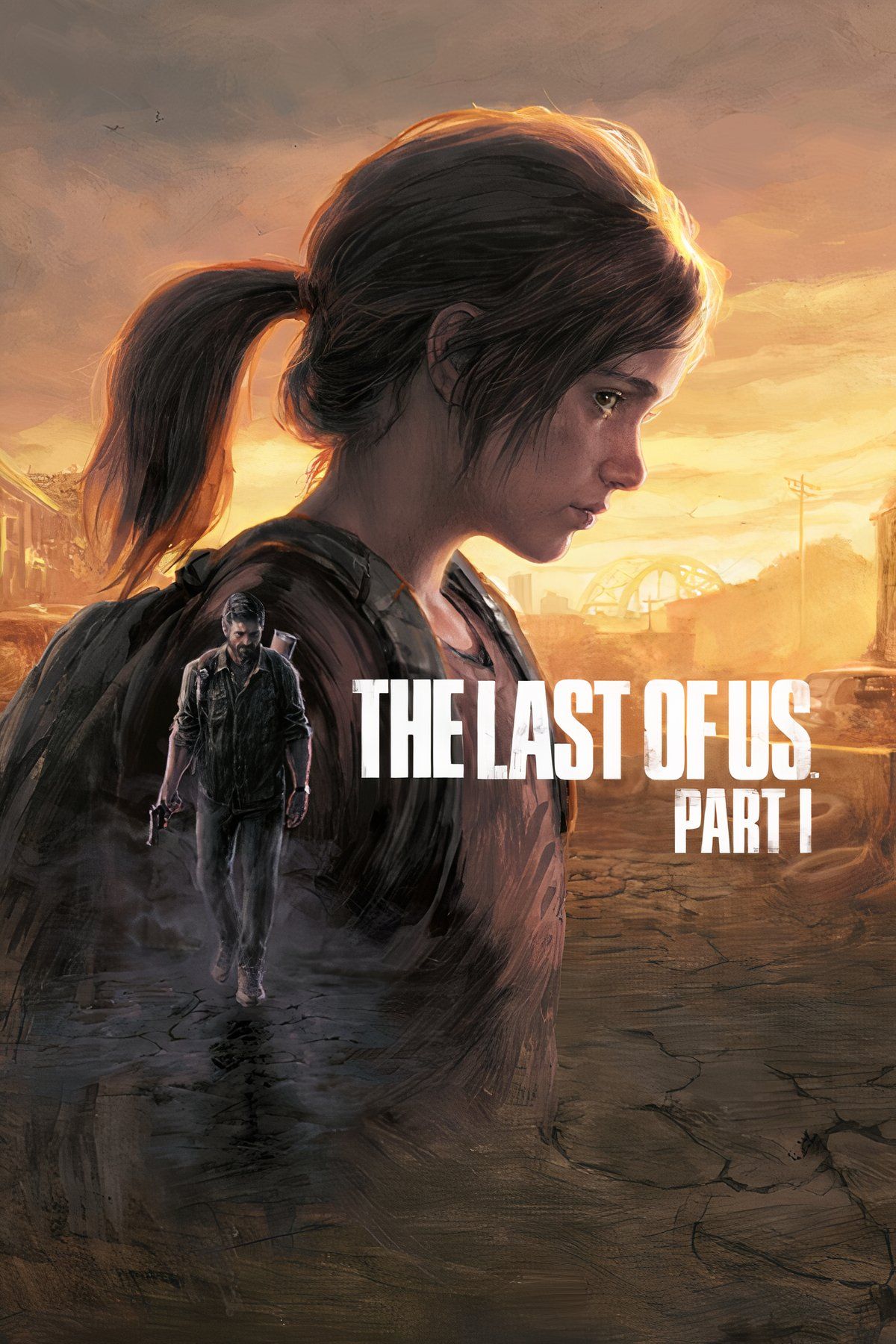For many, replayability is often a defining factor of a great game. However, sometimes the most memorable games are the ones that leave you speechless on your first playthrough, whether it’s accomplished through gameplay, the narrative, or both.
These are games that many of us hold in high regard, that become pillars of a genre against which others are judged. If I could erase my knowledge of these games and go in blind all over again, I would.
7
Bloodborne
When asked what my favorite games of all time are, I always struggle to narrow the list down, but Bloodborne is a constant inclusion. Its Gothic aesthetic, Lovecraftian horror elements, and emphasis on fast, aggressive combat make it incredibly satisfying to play.
This focus on an assertive playstyle is one of Bloodborne‘s biggest selling points. By quickly counterattacking enemies after being struck or using Visceral Attacks, you can recover a portion of the damage you sustain, which pushes you to always be looking for openings. Souls veterans may need some time to adapt to this, but when the gameplay loop finally clicks, it’s an almost unparalleled feeling, and truly makes you feel like a hunter.
In true Souls fashion, most of the world’s lore is learned through exploration, leaving it up to the player how much they wish to indulge. If you’ve never played, I highly encourage you to be thorough, as Bloodborne‘s ambient storytelling is among the best. I can guarantee you’ll be thinking about your findings long after the credits roll.
6
Persona 4
The Persona series seems to be gaining popularity with each passing year, unsurprising given the deep well of content each entry has. They’re diverse RPGs with emotional slice-of-life segments, and character interactions so intricate that the games could be classified as dating sims. The third and fifth games could easily be on this list as well, but there’s something special about Persona 4, and I think a lot of it has to do with Nanako.
You realize early in the game that Nanako’s father, Dojima, often works late, leaving her home alone. This leads to her quickly warming up to the protagonist, to the point where she refers to him as her “big bro.” Though she is surprisingly mature for her age, progressing through her Social Link reveals she deeply misses her mother and wishes Dojima was around more. Every Social Link in the game reveals deep issues or insecurities its characters have, but Nanako’s is especially poignant, and makes you care for her, just like a big brother.
There’s a plot-critical event involving Nanako that leaves you with a real sense of urgency, and at that point, you’ll do anything to help her. The story is full of moments like that, and when it finally comes to a close, you’ll dread going around town and saying goodbye to everyone.
Persona 4 is one of the very few games I’ve played where the ending was easily the worst part, but only because I knew my time in Inaba was up.
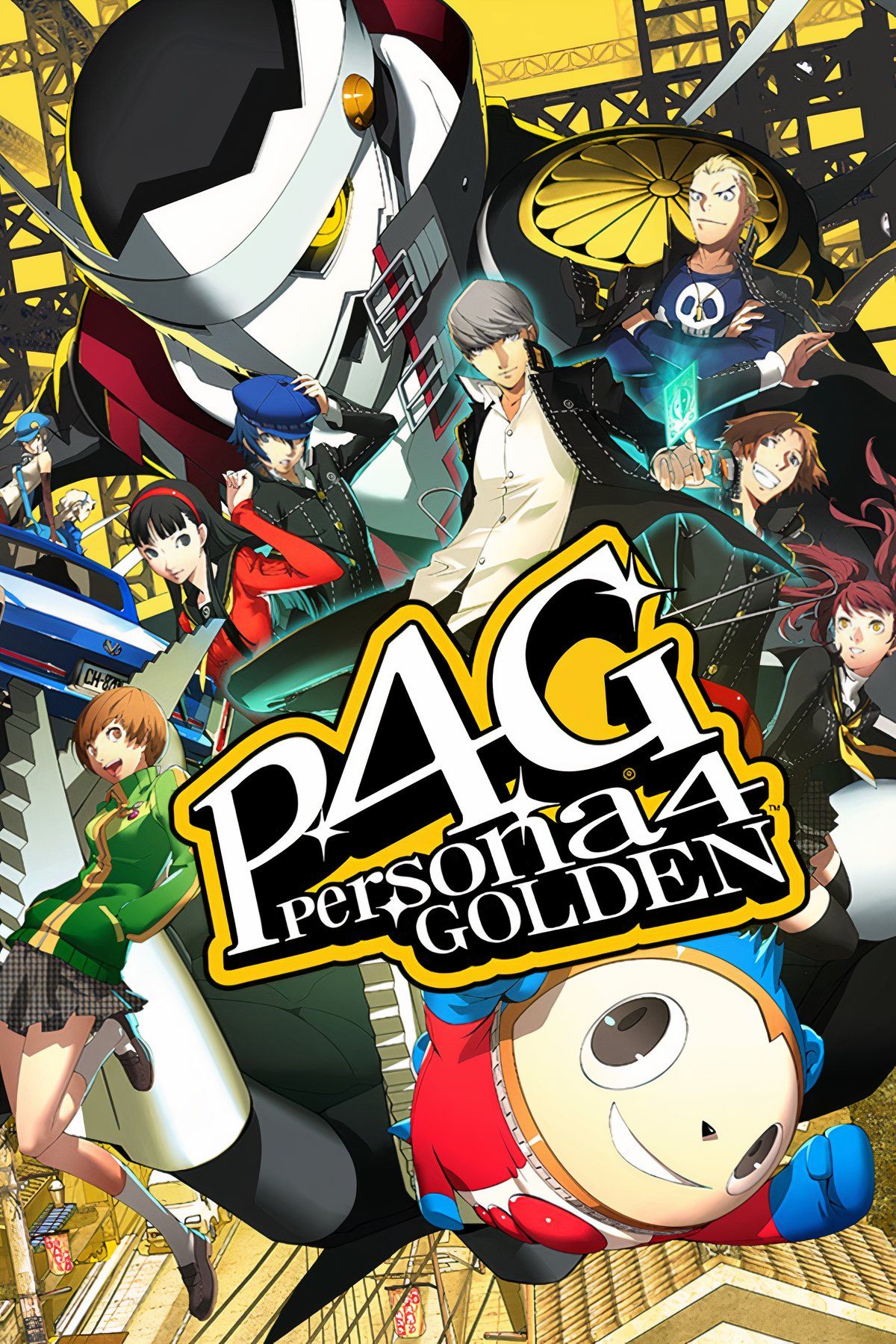
Persona 4 Golden
- Released
-
December 9, 2008
- ESRB
-
M For Mature 17+ due to Alcohol Reference, Animated Blood, Language, Partial Nudity, Sexual Themes, Violence
- Developer(s)
-
Atlus
- Publisher(s)
-
Atlus
5
Final Fantasy X
The Final Fantasy series is known for its great stories and gameplay, and Final Fantasy X doesn’t disappoint. What makes this entry on the list unique is that both your first and second playthroughs supply an almost equal amount of emotional impact.
Final Fantasy X serves as the first voiced entry in the franchise, and while the acting isn’t perfect, it does help you form a more intimate connection with the characters. Every party member is interesting and unique, and the narrative really starts to pack a punch as you close in on the end. Those story beats already provoke a sentimental response, but when you play through a second time armed with the knowledge from your first playthrough, some scenes gain new context and hit even harder.
Tidus serves as a sort of player-insert for the first playthrough since he, like us, is ignorant about the Spira he finds himself in. However, when you experience things a second time, you’re more like Yuna in that you know what lies ahead and how Spira functions. I’m only scratching the surface to avoid spoilers, but it really is impressive how different your reactions will be between your first two playthroughs.
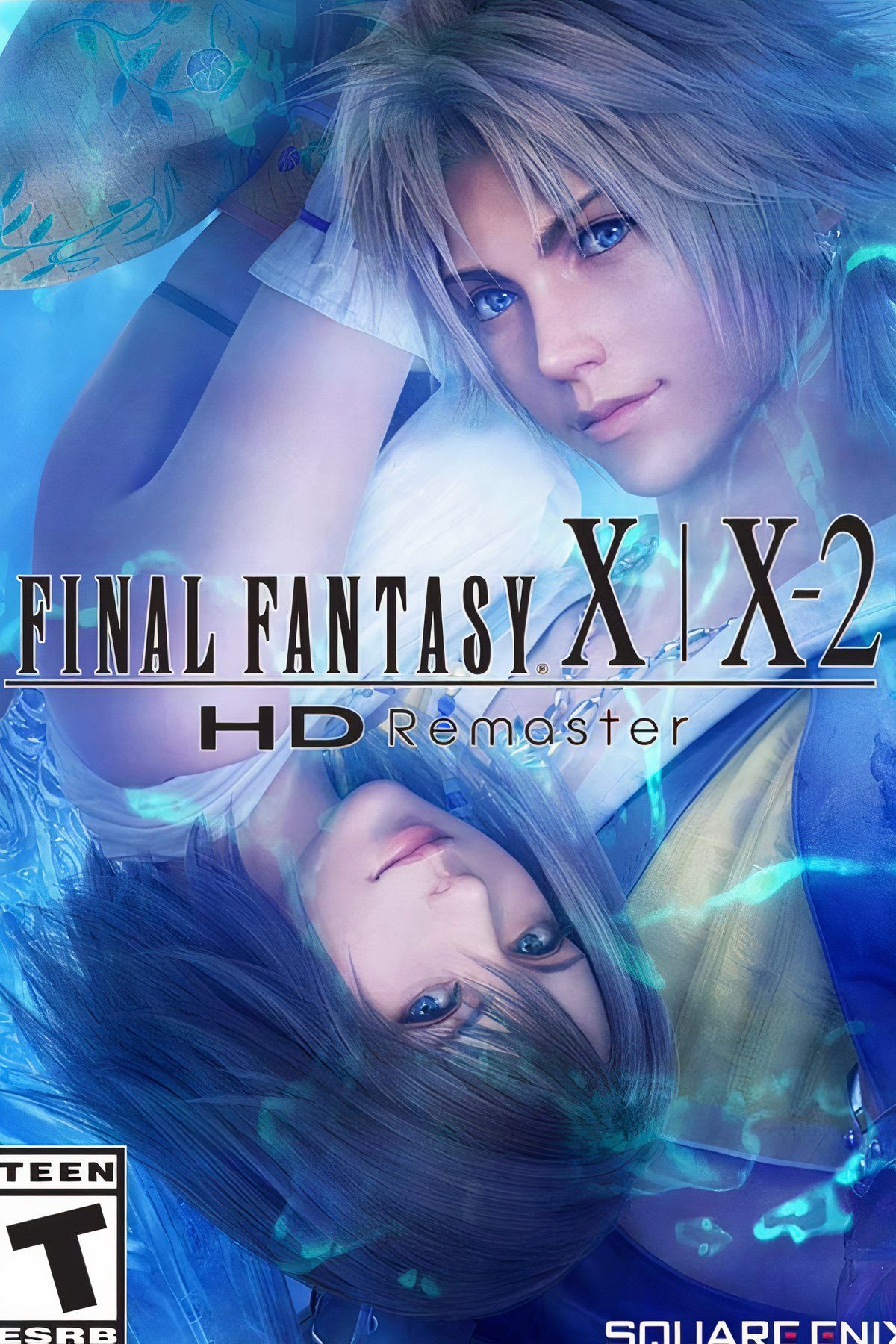
Final Fantasy X/X-2 HD
- Released
-
March 18, 2014
- ESRB
-
T For Teen due to Mild Language, Suggestive Themes, Violence
- Developer(s)
-
Square Enix
- Publisher(s)
-
Square Enix
4
Mass Effect Trilogy
Though the original Mass Effect trilogy comprises three games, the relatively new Mass Effect: Legendary Edition technically allows you to play all three in one package. Taking the role of Commander Shepard, you help save the galaxy’s inhabitants from a threat known as the Reapers.
While the premise may sound like standard fare as far as sci-fi action RPGs are concerned, the biggest draw is the fact your progress between games is linked. Decisions you make in the first game will affect the next two, and this includes whether certain squadmates or NPCs die during your journey.
The connections you form with your teammates, whether it be platonic or romantic, are what make things like Mass Effect 2‘s suicide mission so anxiety-inducing. That sense of fear and relief is unfortunately greatly diminished after completing the trilogy once or twice and learning how the game dictates who lives or dies. Regardless, you will always remember each game’s final mission, and how you felt while playing.
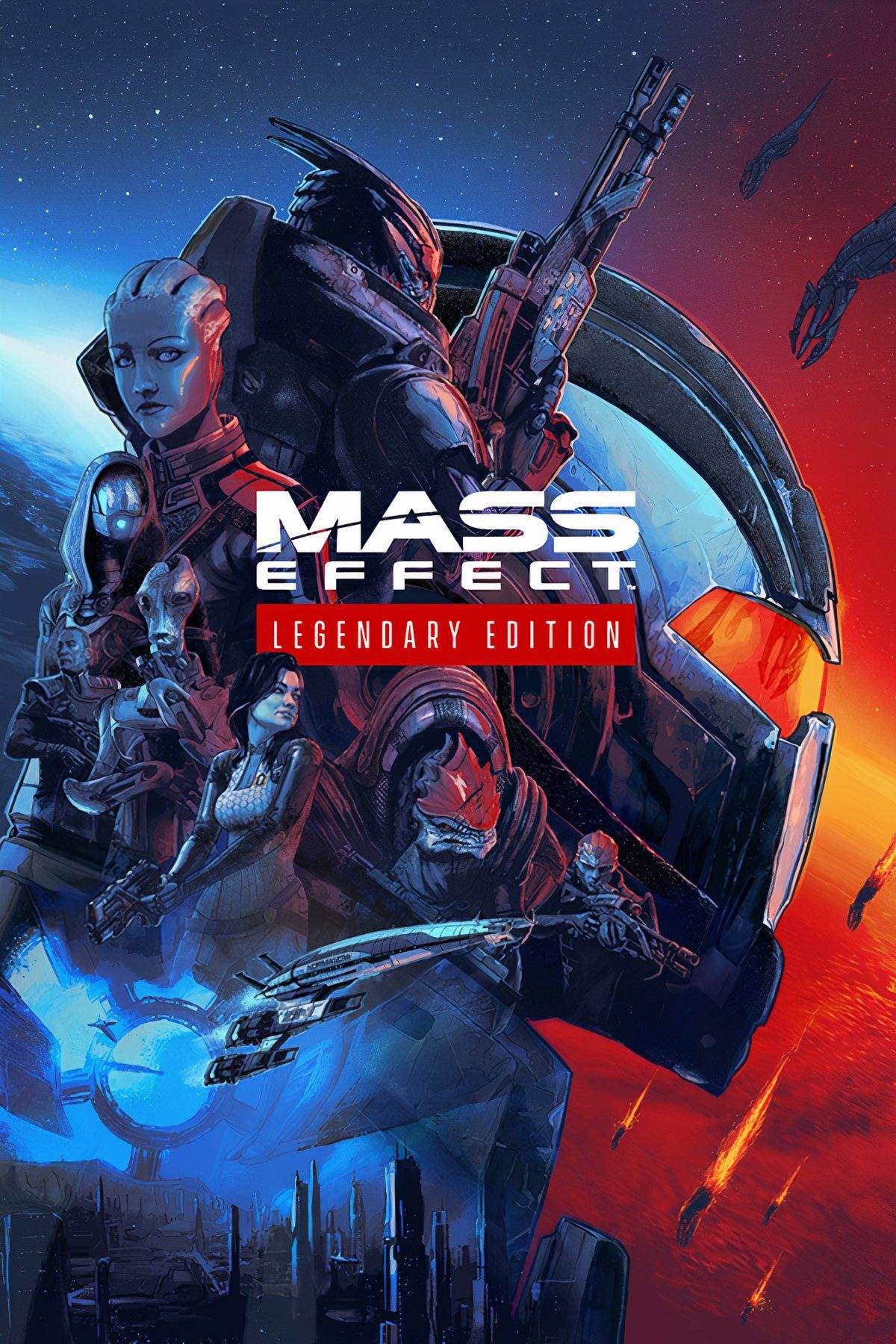
Mass Effect: Legendary Edition
- Released
-
May 14, 2021
- ESRB
-
M for Mature: Blood, Drug Reference, Partial Nudity, Sexual Content, Strong Language, Use of Alcohol, Violence
- Developer(s)
-
BioWare
- Publisher(s)
-
Electronic Arts
3
The Last of Us
Games in a post-apocalyptic setting, particularly those with zombies, have been done to the point of exhaustion. Despite that, The Last of Us delivered a story so compelling that, more than a decade later, it has its own TV show and is still an avid conversation topic. There was even a planned live-service game, The Last of Us Factions, that was canceled for a variety of reasons.
Though The Last of Us possesses its fair share of emotional gut punches at pivotal parts of the story, one could make the argument that the smaller moments between them are just as notable. On their own, learning that Ellie likes arcade games or hearing her telling terrible jokes doesn’t add up to much. The brilliance of them lies in the fact that you, like Joel, are forming a strong connection with her through these bite-sized interactions. At the end of the game, whether it’s the morally right thing to do or not, most of us can sympathize with Joel’s mindset.
The game’s writing and story direction are so good that you keep playing not because you want to know, but because you need to know what happens next. Subsequent playthroughs will undoubtedly stir up similar feelings, but they’ll never compare to what you felt the first time.
2
Star Wars: Knights of the Old Republic
It’s easy to see why Star Wars: Knights of the Old Republic is frequently touted as one of BioWare’s greatest creations. Set in the Star Wars universe, it’s an RPG with a remarkable amount of depth and enough variability to warrant several playthroughs at the very least.
Star Wars fans had never been treated to a game as monumental as Star Wars: Knights of the Old Republic before its release, both in terms of lore and customization. Players are free to make a multitude of decisions regarding their character’s moral alignment and combat abilities, including force powers. As you progress, the game does an excellent job of making you feel like a powerful Jedi (or Sith) that is impacting the galaxy.
Gameplay aside, those familiar with Star Wars: Knights of the Old Republic know exactly why it’s on the list. The earth-shattering twist involving the character you create is among the best in gaming, and the narrative does a brilliant job of building it up throughout the game. That moment alone helped propel this game to its legendary status, and it’s a hard one to top.
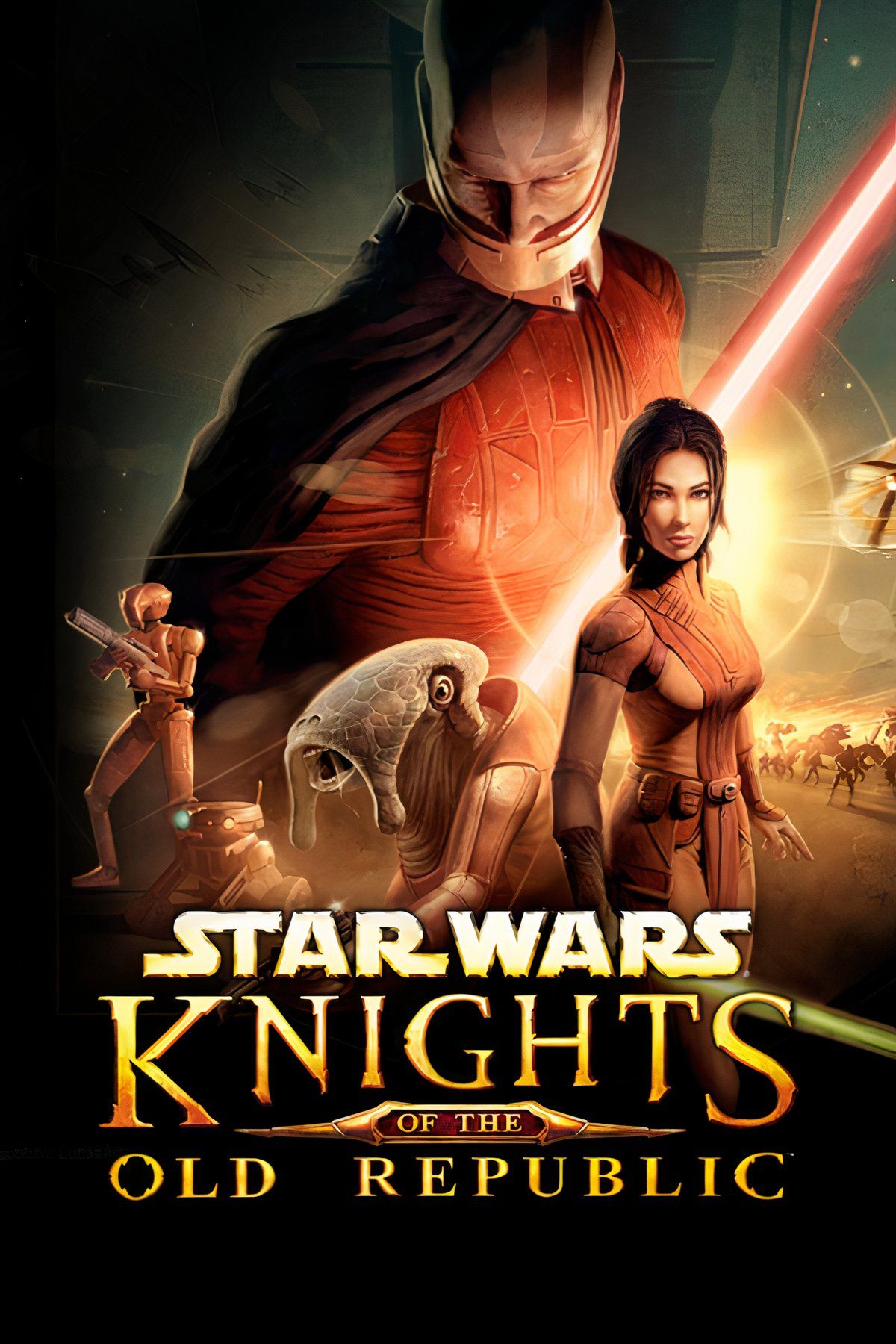
Star Wars: Knights of the Old Republic
- Released
-
July 15, 2003
- ESRB
-
T for Teen: Violence
- Developer(s)
-
BioWare
- Publisher(s)
-
LucasArts
1
NieR:Automata
When NieR:Automata first launched, players lambasted reviewers who only reached Ending A. For people like that, I imagine the game is not only disappointing, but likely feels incomplete. That sentiment is absolutely valid, but when you play through Ending E, the experience becomes one of the most memorable in gaming.
After reaching this ending and responding “Yes” to Pod 153, you enter a shoot ‘em up section that gets progressively more difficult. If you’re online while playing and fail several times, you’ll be given the option to receive help from other players and can finally complete the game. It is possible to do it on your own, but you’ll definitely have your work cut out for you.
Upon finishing the segment, you’re asked if you would like to assist other players in the same way they helped you. You’ll naturally be inclined to consent, but after doing so, Pod 042 enlightens you as to what it cost the other players to provide their support. The entire ending sequence, combined with this newfound revelation, was so intense it brought me to tears, and I’m even sadder I can’t experience that again for the first time.
I know NieR:Automata might seem shallow at a glance, but its aesthetic and seemingly simple gameplay betray its depth. Believe me when I say this is a misunderstood game you should give another chance if you’ve never played. The story, characters, gameplay, and (especially the) music are nothing short of a masterpiece.
As much as I enjoy playing my favorite games over and over, some of them leave me with a lingering disappointment because I know their emotional impact will never compare with that of my initial playthrough. Whether it’s due to an unforeseen plot twist or the culmination of my in-game experiences, I truly wish I could replay these games for the first time.

